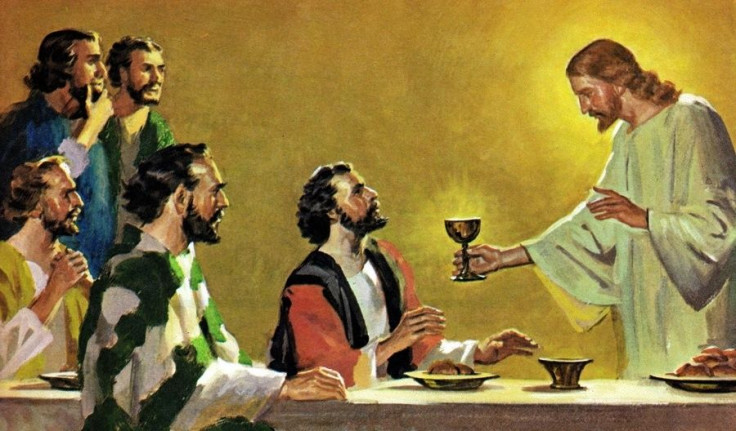Birth Of Jesus Wine: New Wine Making Process Uses DNA Of Ancient Seeds To Recreate Same Wine Jesus Consumed

Drinking a glass of the same wine as Jesus did 1,800 years ago may soon be possible thanks to innovations in the science of winemaking. Using ancient grape seeds and Jurassic Park-style methods, archaeologists and geneticists from Ariel University have teamed up to make the wine King David and Jesus Christ drank.
“All our scriptures are full with wine and with grapes — before the French were even thinking about making wine, we were exporting wine,” lead researcher Eliyashiv Drori, an oenologist (a sort-of winemaker-scientist hybrid) at Ariel University, told The New York Times. “We have a very ancient identity, and for me, reconstructing this identity is very important. For me, it’s a matter of national pride.”
Backed with $750,000 from the Jewish National Fund, Israeli winemakers released “marawi” wine last month at the Recanati Winery — a small vineyard in Gvaot, near Drori’s home in the West Bank. Marawi (also called hamdani) grapes, which can be traced back to A.D. 220, grew out of a groundbreaking project by Ariel University. The seed specimens were discovered near the site of destroyed Jewish temples, next to a clay sign that read “smooth wine” in ancient Hebraic script. They were found buried within ancient donkey droppings, which researchers suspect ended up there after they were fed pomace — the remnants of the winemaking process.
“Very good color, very good balance, acid and sugar, body, structure,” Drori said as he sampled the marawi wine. “That’s a very good wine grape, even without the story.”
Ariel University’s research winery is comprised of small cooled trailers with a total of eight wood-aging barrels for creating tiny batches of wine from roughly 30 different grapes. Each bottle of wine is labeled with masking tape and a handwritten note saying where and when it was harvested from the lab’s dig site — where Drori and his colleagues search for ancient remnants of winemaking grapes.
Since 2011, the researchers have identified 120 distinct varieties of grape using a combination of DNA and a 3D scanner that has never before successfully been used to turn ancient seed artifacts into new grapes. By matching the ancient seeds with live grapes, winemakers are able to engineer fruit from the past and turn it into wine for now and the future. Currently, 20 grape varieties are ready and suitable for wine production.
Recanati Winery produced only 2,480 bottles of the marawi wine in 2014, and it’s only available for purchase in roughly 10 restaurants. The winery itself kept 4,000 bottles of the most recent 2015 marawi to remain onsite for aging. Wine writer Itay Gleitman, who tasted the wine, said it was “pleasant and easy-to-drink” with “gentle aromas of apple and peach.”



























